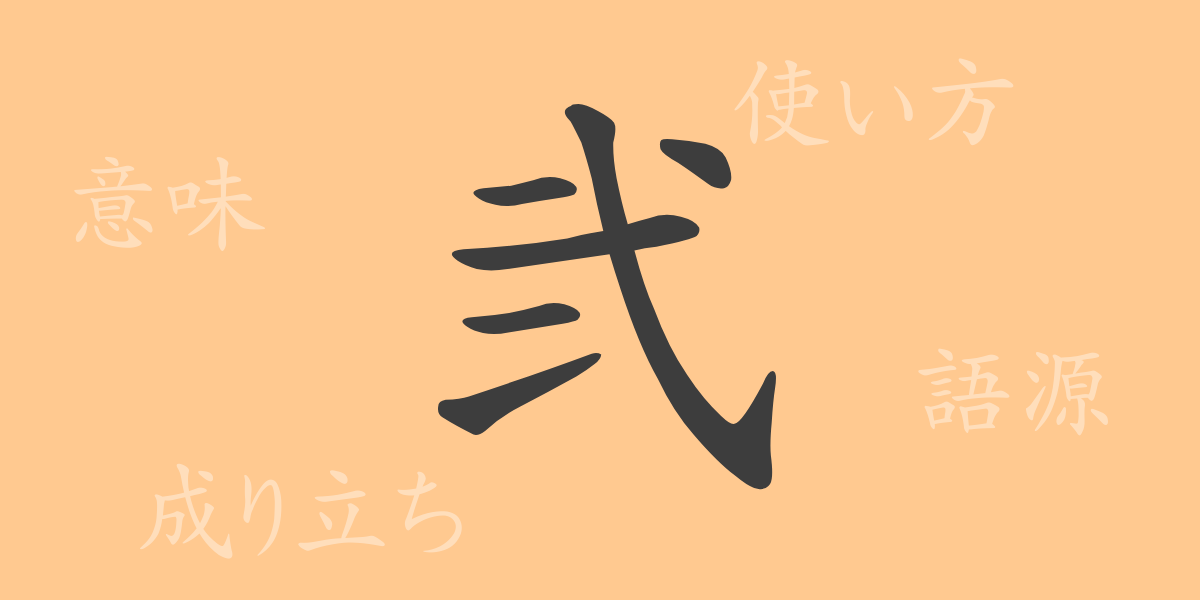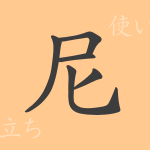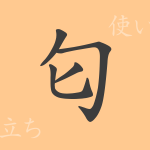Each character in the Japanese language carries its unique history and meaning, enriching the cultural and historical tapestry of Japan. While some common Kanji learned in schools are seldom used in everyday life, they play a crucial role in conveying aspects of Japanese culture and history. This article focuses on one such Kanji, ‘弐 (に)’, exploring its origins, meanings, usage, readings, and related idioms, diving deep into the world embodied by this single character.
Origins of ‘弐 (に)’
The Kanji ‘弐’ has been historically used to denote the number ‘two.’ However, ‘弐’ differs subtly in nuance from ‘二’, often used in more formal or official contexts. It is believed to have originated in ancient Chinese accounting documents where variant characters were used to prevent forgery and tampering, giving rise to ‘弐’ from such practices.
Meaning and Usage of ‘弐 (に)’
‘弐’ primarily signifies ‘two’ and is used to represent the number ‘2’. It frequently appears in financial and legal documents, official forms, and can substitute ‘二’ in formal contracts and receipts. Besides denoting a number, ‘弐’ also implies something secondary or second in order, emphasizing its use beyond mere numeric representation.
Readings, Stroke Count, and Radical of ‘弐 (に)’
Understanding the readings of ‘弐’, especially given its usage in financial and legal contexts, is crucial.
- Readings: On’yomi ‘に’, ‘じ’, Kun’yomi ‘ふたつ’
- Stroke Count: 6 strokes
- Radical: Bow (‘弓 (ゆみへん)’)
Idioms, Phrases, and Proverbs Using ‘弐 (に)’
Idioms and phrases containing ‘弐’ reflect its formality and importance. For instance, ‘弐千円 (にせんえん)’ means 2000 yen, used in monetary contexts. ‘弐拾円 (にじゅうえん)’ signifies 20 yen, and ‘弐萬円 (にまんえん)’ represents 20,000 yen. These are typically used in formal documents or where tamper resistance is crucial.
Conclusion on ‘弐 (に)’
While rarely encountered in everyday conversation, ‘弐’ occupies a unique place in the realms of law and finance in Japan, continuing to play a significant role. Through this article, you have hopefully gained a deeper understanding of ‘弐’s’ meanings and uses. May this serve as a gateway to appreciating the depth of the Japanese language.

























